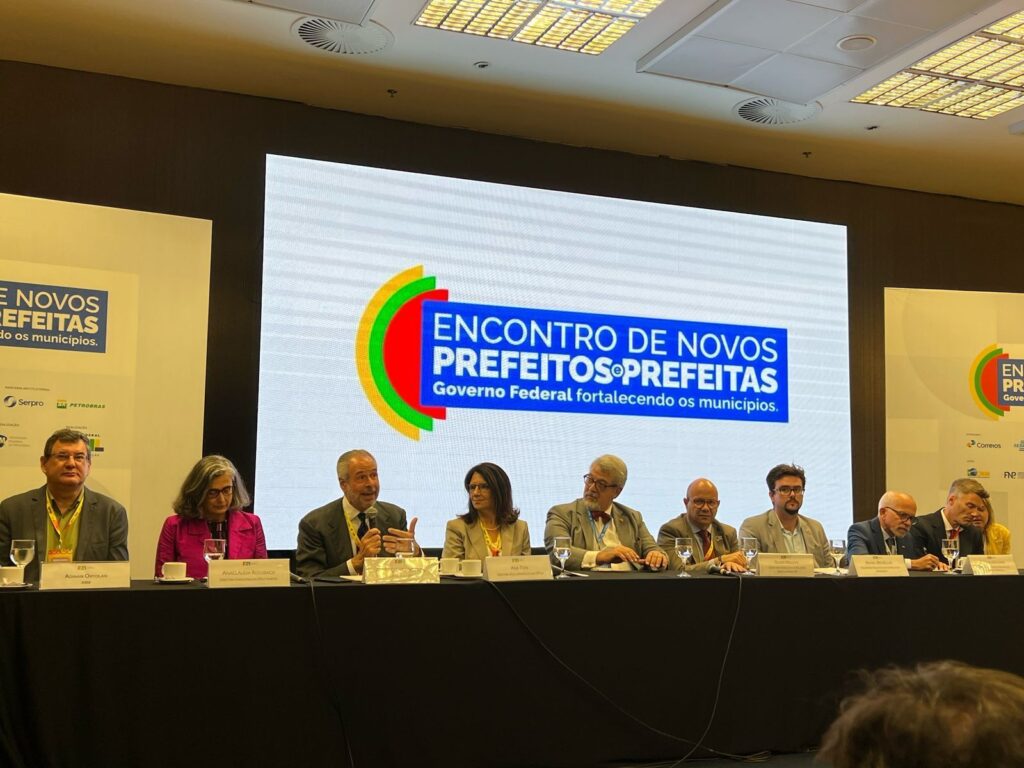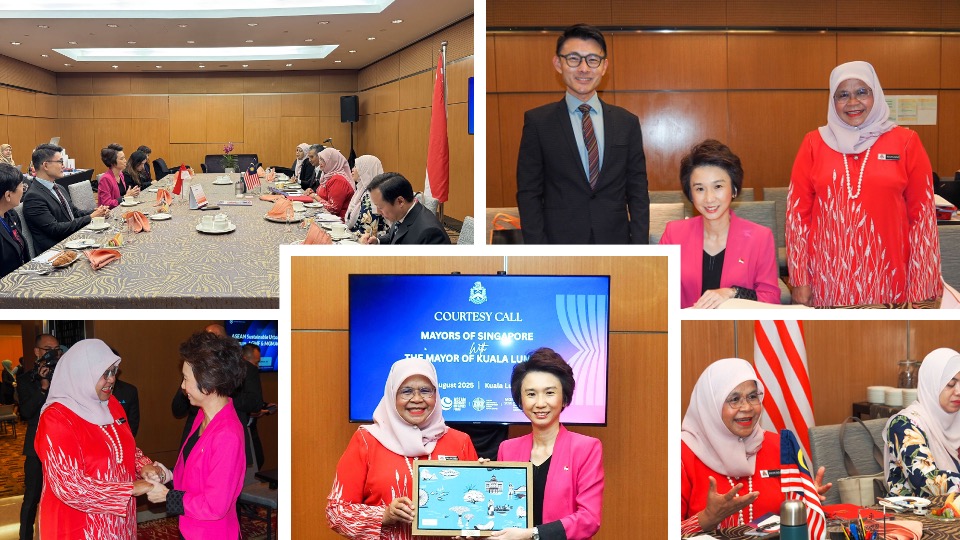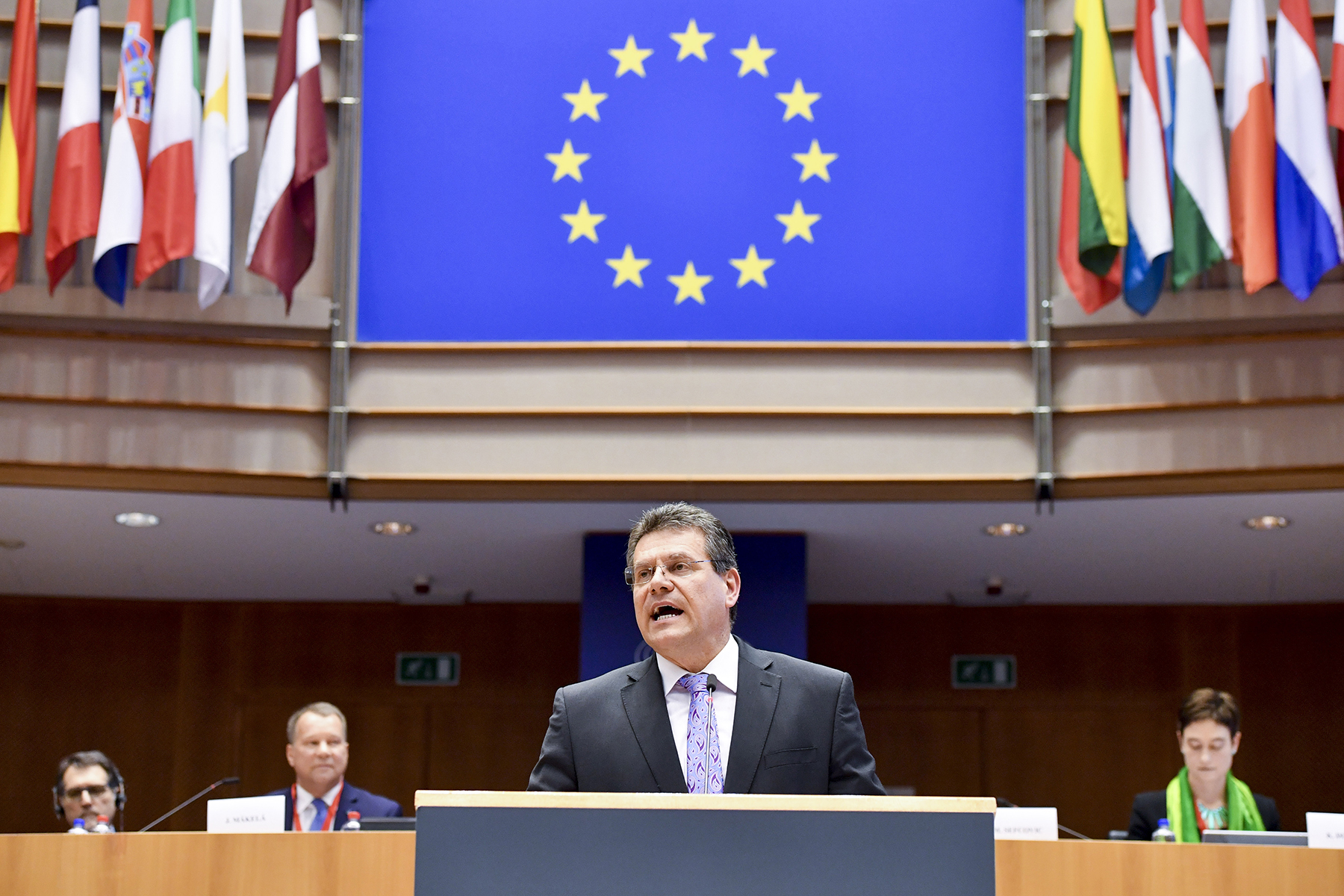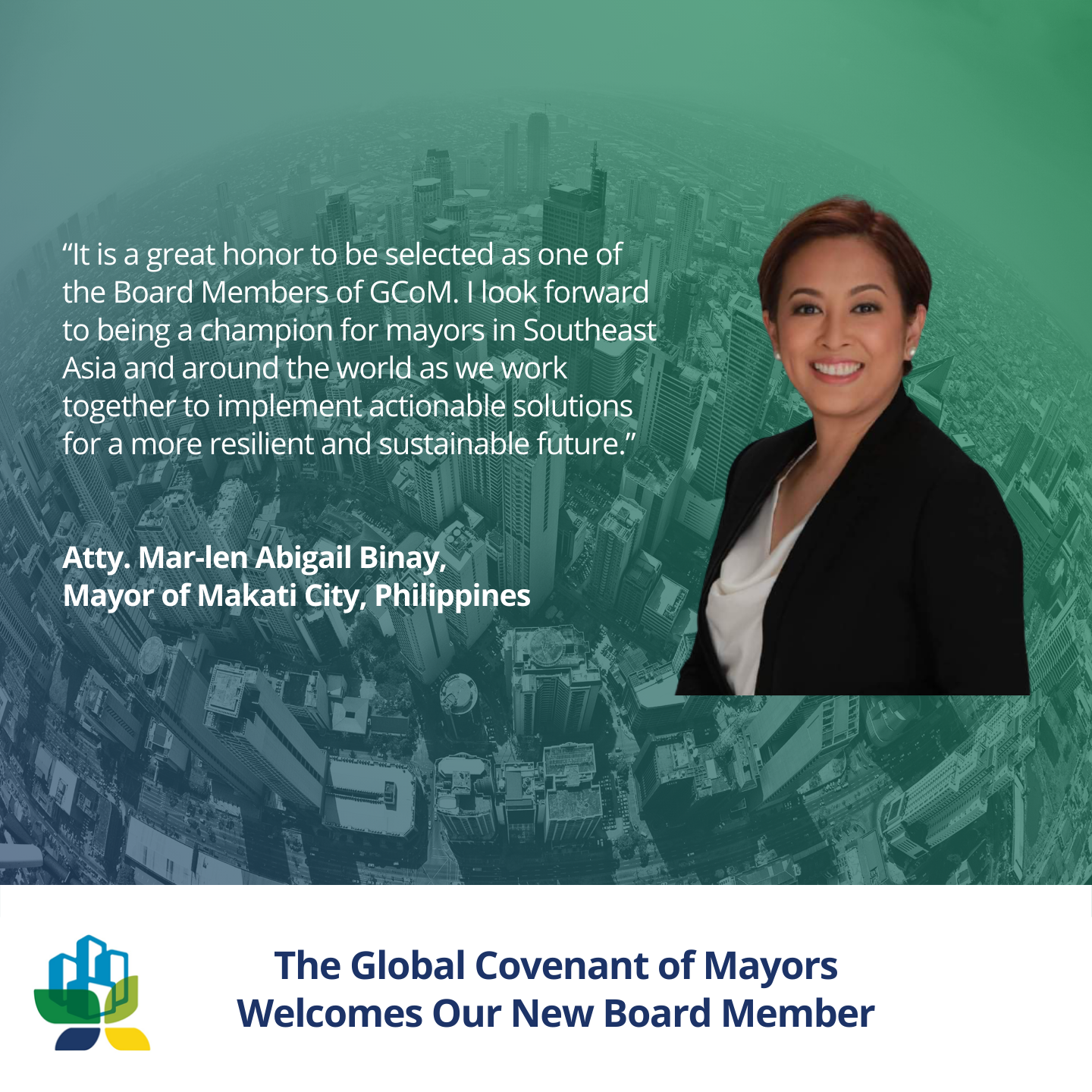Towards COP30: Cities to Play an Even More Central Role in Global Climate Action

Panel on the Coalition for High Ambition Multilevel Partnerships for Climate Action (CHAMP) was a highlight at the Federal Government’s Meeting of New Mayors
The Meeting of New Mayors, on Wednesday February 12th in Brasília, highlighted the central role of cities in Brazil’s climate strategy and the essential part they can play in the global response to the climate crisis – as the country prepares to host COP30 negotiations. A panel dedicated to the CHAMP initiative (Coalition for High Ambition Multilevel Partnerships for Climate Action) discussed the importance of involving subnational actors in addressing the climate crisis. In November 2024, the Brazilian government emphasized the need for integrating all levels of government – national, state, and municipal – in climate action, directly referencing CHAMP when publishing its latest update to Brazil’s Nationally Determined Contribution (NDC). The NDC is the document that consolidates national goals and commitments in combating global warming by the signatory countries of the Paris Agreement.
Participants in the discussion included the Minister of Cities, Jader Barbalho Filho; the President of COP30, Ambassador André Corrêa do Lago; the Executive Director of COP30, Ana Toni; the Special Envoy for Cities in CHAMP and former Mayor of Vancouver, Canada, Gregor Robertson; and the Director of UN-Habitat, Anacláudia Rossbach.
Appointed at the end of last month, this was the first time that the President of COP30, Ambassador André Corrêa do Lago, publicly addressed CHAMP, emphasizing Brazil’s recognition, as the host of the Conference in Belém, of the central role of subnational actors, especially cities, in seeking solutions to combat the effects of the climate crisis:
“I always emphasize that mayors play a crucial role for our future and that subnational entities are at the forefront of driving solutions and initiatives to fight climate change. While central governments are the ones who negotiate at COPs, the subnational actors are the ones who directly shape the reality of people’s lives. We cannot overlook this. We must take far more decisive action in this direction.”
Launched in 2023 at COP28 in Dubai, United Arab Emirates, the Coalition for High Ambition Multilevel Partnerships for Climate Action (CHAMP) is an agreement signed by national governments to enhance the involvement of subnational actors such as states, cities, and regions in combating climate change – and specifically to collaborating with them when designing, financing and implementing national climate strategies. So far, 74 countries have joined the initiative and are expected to bring their updated national climate strategies, with clear examples of collaboration with subnationals to COP30 in Belem at the end of year. Brazil has already done their homework: it was one of the first countries to submit a new climate strategy to the UN and the first to include a direct reference to CHAMP and subnational climate action – further establishing Brazil as global leader of multi-level partnerships.
For Gregor Robertson, former Mayor of Vancouver and Special Envoy for Cities in CHAMP, this is a key moment in advancing Brazil’s climate federalism:
“As COP30 host, Brazil has a pivotal opportunity to catalyze a new decade of effective climate action that delivers results for people and the places they live in” says Gregor Robertson, former mayor of Vancouver and Special Envoy for Cities in CHAMP, “the benefits of doing this are abundantly clear: recent analysis shows that cities can help close 40% of the gap in emissions between current national commitments and the goal to keep average global temperatures from rising more than 1.5C. Brazil’s climate federalism is a leading example that can inspire more countries to accelerate partnerships with their cities, states and regions to prevent climate breakdown.”
Green Resilient Model Cities Program
In the last week of January, the Brazilian Federal Government announced the first five cities to participate in the Green Resilient Model Cities Program at an event in Brasília. This is the first concrete action by the Brazilian government aligned with CHAMP since the publication of its NDC. In total, 50 cities will receive technical support to implement 100 climate impact actions, two for each program participant. One will focus on mitigation, reducing the emission of gases that cause the climate crisis, and the other on adaptation, preparing cities to anticipate and prepare for its effects. The first five cities selected for the initial phase of the program represent each region of Brazil: Maranguape (Ceará), Rio Branco (Acre), Corumbá (Mato Grosso do Sul), Caxias do Sul (Rio Grande do Sul), and Serra (Espírito Santo).
The Minister of Cities, Jader Barbalho Filho, emphasized that as the host of COP30, Brazil has the mission of globally leading the implementation of multilevel partnerships, as proposed by CHAMP.
“We want to make CHAMP a reality. This coalition is not just something countries have signed on paper — it is an integral part of the global strategy to combat the climate crisis. After all, there is a lot of talk about saving the Amazon and the environment, and we will do so precisely by involving subnational actors. They are the ones who understand the priorities of cities, and it is alongside them that national governments must work to bring real change to people’s lives.”
The Green Resilient Model Cities Program is a partnership initiative between the Global Covenant of Mayors for Climate & Energy (GCoM) and C40 Cities Climate Leadership Group, funded by Bloomberg Philanthropies. The program relates to the Brazilian Government decree Green and Resilient Cities, aligning the partnership with the country’s strategy. Participating cities will have free access to a robust set of resources, including a detailed diagnosis of the local climate situation, strategic recommendations for mitigation and adaptation, the development of one mitigation action and one adaptation action with cost estimates, timelines, and monitoring indicators, as well as continuous training to maximize the use of available data and tools.
A new digital platform will be made available in the second half of the year, allowing municipalities to access their emissions and climate risk profiles, as well as identify priority actions to accelerate the transition to a more sustainable future.
The official announcement of the program, including all 50 selected cities, will take place in March, when municipalities will sign the Commitment Letter with representatives from the Ministry of Environment and Climate Change, the Ministry of Cities, the Ministry of Science, Technology and Innovation, and the Federation Council. Additionally, the program is supported by strategic partners such as CDP Latin America and the National Front of Mayors.
For Ana Toni, the Executive Director of COP30, we have reached the time of implementation of CHAMP:
“The leadership of subnational governments is a key pillar of the success of COP30. Now is the time for implementation. And we want to accelerate that at the front line, in the cities. Our aim is for municipalities and states to work side by side with the Brazilian government to ensure that we take action now. We need mayors, governors, private sectors, all working together for the common goal.”
National Meeting of New Mayors
In 2025, 5,568 mayors took office to lead their municipalities for the 2025-2028 term. To strengthen partnerships with municipalities, the Federal Government launched the third edition of the New Mayors’ Meeting, an event that gathered nearly 23,000 registrants, including representatives from cities and national and international organizations. The new mayors attended in large numbers, with 3,100 mayors present—more than half of all newly elected municipal leaders in Brazil. The event featured over 100 lectures and conferences, as well as more than 60 workshops, including announcements of new projects and investments.
The Minister of Institutional Relations, Alexandre Padilha, reminded that the climate crisis is increasingly impacting the daily lives of cities:
“It is time for us to work together to implement the necessary actions to prepare cities for climate change. It is essential to prevent, prepare, and plan cities for this challenge. The future of cities, and consequently the planet, is in our hands. All together, hand in hand – the federal government, state governments, and municipal governments.”
The meeting aimed primarily to welcome the newly elected mayors of 2024, provide technical and administrative support for the transition, and ensure that mayors have access to information about programs, federal resources, and mechanisms for intergovernmental collaboration.


